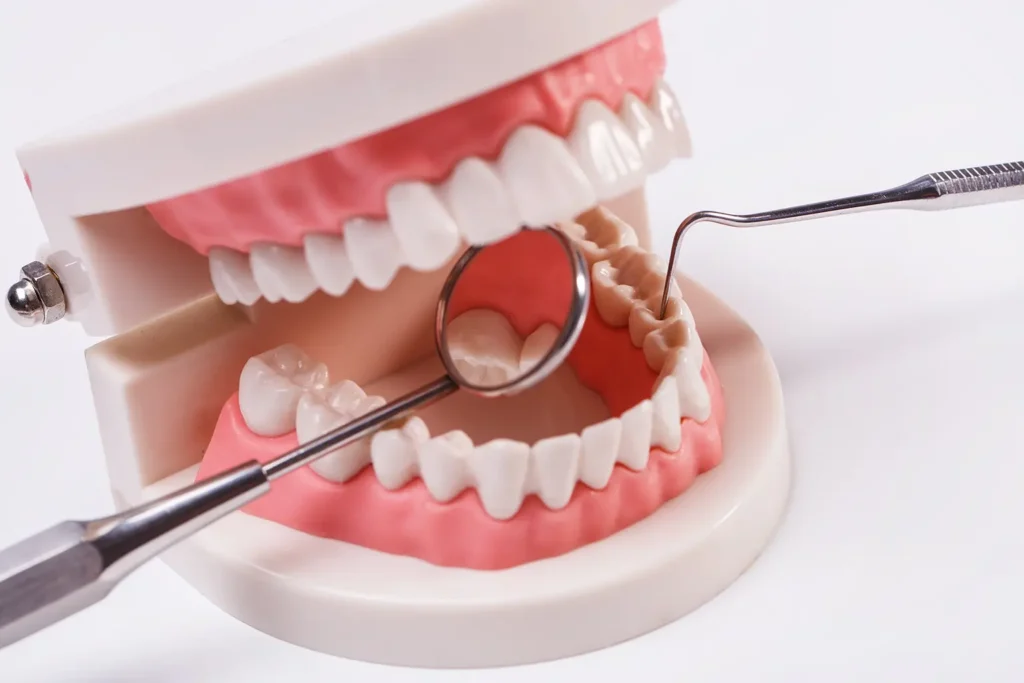
Gum health is essential for overall oral well-being and should be prioritized throughout every stage of life. Just like the four seasons, our gum health evolves as we age, requiring different levels of care and attention to prevent gum disease. From childhood to adulthood and into the senior years, our gums go through various transformations, each presenting unique challenges and solutions. Let’s explore the ever-changing landscape of gum care, emphasizing the importance of adapting our oral health routines as we grow older.
Childhood: Laying the Foundation
In childhood, gums are in their early developmental stages, making it a crucial time to establish good oral hygiene habits. Parents play a significant role in guiding their children’s dental care during these formative years. Regular dental checkups, maintaining a balanced diet, and teaching proper brushing and flossing techniques are vital to help a child’s smile thrive.
Children’s gums are sensitive, and proper care can prevent early signs of gum disease and other dental issues. Introducing children to fluoride toothpaste and encouraging them to brush twice a day can help strengthen their teeth and gums. Additionally, a diet rich in fruits, vegetables, and calcium can support healthy gum development. By laying a strong foundation in childhood, parents can set their children on the path to a lifetime of healthy gums.
Adulthood: Balancing Act
As we transition into adulthood, our lives become busier, and the challenges to gum health evolve. Stress, dietary choices, and lifestyle factors can significantly impact our gum health. It’s essential to maintain regular dental checkups and practice consistent oral hygiene routines to combat these challenges.
Brushing twice a day with fluoride toothpaste, flossing daily, and using an antiseptic mouthwash can help prevent gum disease and maintain oral health. Adults should also be mindful of their dietary habits, limiting the intake of sugary and acidic foods that can harm gums. Additionally, managing stress through exercise, mindfulness, and adequate sleep can positively impact gum health.
Regular dental visits allow for early detection and treatment of gum disease, preventing more severe issues down the line. During these checkups, dental professionals can remove plaque and tartar buildup.

Seniors: Unique Considerations
In our senior years, our gums face unique challenges. Aging can lead to a higher risk of gum disease, tooth loss, and other oral health problems. Reduced saliva production, medication side effects, and medical conditions can all impact gum health.
Seniors should prioritize regular dental visits to monitor and manage gum health effectively. Paying attention to denture care, if applicable, and staying vigilant about any unusual oral health changes are essential steps for maintaining healthy gums. Using soft-bristled toothbrushes and gentle dental floss can help protect delicate gums from damage.
Proper nutrition remains crucial in senior years, with a focus on foods that promote oral health, such as fruits, vegetables, and foods high in calcium. Staying hydrated is also essential, as water helps wash away food particles and bacteria that can contribute to gum disease formation.
Understanding Gum Disease
Also known as periodontal disease, it is a common issue that can affect individuals at any age. It begins with gingivitis, characterized by red, swollen gums that may bleed easily. If left untreated, gingivitis can progress to periodontitis, a more severe form of gum disease that can lead to tooth loss.
Causes of Gum Disease
- Plaque Buildup: Plaque, a sticky film of bacteria, constantly forms on teeth. Without proper oral hygiene, it can harden into tartar, leading to gum irritation and disease.
- Poor Oral Hygiene: Inadequate brushing and flossing allow plaque and tartar to build up, increasing the risk of gum disease.
- Tobacco Use: Smoking and chewing tobacco impair gum health and make gums more susceptible to disease.
- Genetic Factors: Some individuals are more prone to gum disease due to genetic factors.
- Medical Conditions: Conditions such as diabetes can increase the risk.
Symptoms of Gum Disease
- Red, swollen, or tender gums
- Gums that bleed easily, especially during brushing or flossing
- Persistent bad breath
- Receding gums
- Loose or shifting teeth
Preventing and Managing Gum Disease
Preventing gum disease involves maintaining good oral hygiene and adopting healthy lifestyle habits. Here are some tips for preventing and managing gum disease:
- Brush and Floss Regularly: Brush your teeth at least twice a day with fluoride toothpaste and floss daily to remove plaque and food particles.
- Use Mouthwash: Antiseptic mouthwash can help reduce bacteria.
- Regular Dental Checkups: Visit your dentist regularly for cleanings and checkups to detect and treat gum disease early.
- Healthy Diet: Eat a balanced diet rich in fruits, vegetables, and calcium to support gum health.
- Avoid Tobacco: Quit smoking and avoid tobacco products to reduce the risk of gum disease.
- Manage Health Conditions: Keep medical conditions, such as diabetes, under control to minimize their impact.

Gum Care Through the Years
Our gum care routines need to adapt as we age to address our changing needs. Here are some general tips for maintaining healthy gums at every stage of life:
Childhood
- Start Early: Begin cleaning your child’s gums even before teeth appear by wiping them with a clean, damp cloth.
- Use Fluoride Toothpaste: Once teeth appear, brush them twice a day with a small amount of fluoride toothpaste.
- Regular Dental Visits: Schedule your child’s first dental visit by their first birthday and continue with regular checkups.
Adulthood
- Consistent Oral Hygiene: Brush twice a day, floss daily, and use mouthwash to maintain gum health.
- Healthy Diet: Eat a balanced diet and limit sugary and acidic foods.
- Stress Management: Manage stress through healthy habits like exercise and mindfulness.
- Regular Dental Checkups: Visit your dentist regularly for cleanings and examinations.
Seniors
- Gentle Oral Care: Use a soft-bristled toothbrush and gentle dental floss to protect delicate gums.
- Monitor Oral Health: Pay attention to changes in your oral health and seek dental care promptly.
- Stay Hydrated: Drink plenty of water to maintain healthy saliva levels and wash away food particles and bacteria.
- Nutrient-Rich Diet: Eat foods that promote oral health, such as fruits, vegetables, and calcium-rich foods.
Conclusion
Gum care is essential at every stage of life, and our routines must adapt to our changing needs as we age. From childhood to adulthood and into the senior years, maintaining healthy gums requires consistent oral hygiene, regular dental checkups, and a healthy lifestyle. By understanding the unique challenges and solutions for gum care through the years, we can ensure a lifetime of healthy gums and overall oral well-being.
Whether you’re a parent guiding your child’s dental care, a busy adult juggling responsibilities, or a senior facing unique oral health considerations, adapting your gum care routine is crucial. By staying proactive and embracing age-appropriate practices, you can ensure healthier, more appealing gums throughout your life. It’s never too early or too late to invest in your gum health and maintain a beautiful, healthy smile for years to come.

